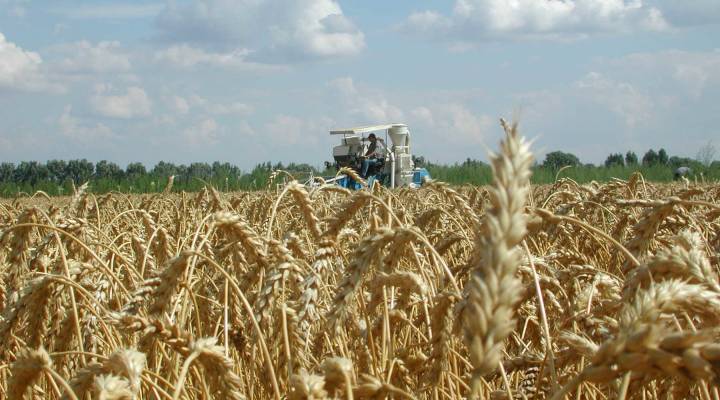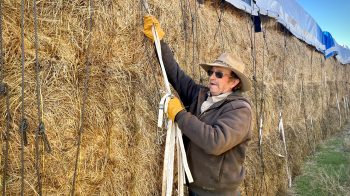
Two fertilizer giants merge to spur their growth

If you’re a farmer and really want your crops to grow, you’re probably going to turn to fertilizers to make it happen. If you’re a major fertilizer company looking to grow, however, one of the methods left is merging with another company. Two major Canadian fertilizer companies have announced intentions to join and form the world’s largest crop-nutrient supplier.
The two companies are Potash Corp. and Agrium Inc. Chuck Magro, CEO of Agrium, would retain his title in the new group.
“This is an exciting day for Agrium and Potash Corp.,” Magro said in a conference call announcing the merger today. “Together, we are combining in a merger of equals to create a world-class integrated global supplier of crop inputs.”
He said the market cap for the new company is estimated at $26 billion.
Potash is the world’s largest fertilizer producer, and Agrium has a large retail network. Joining the two is expected to save $500 million annually.
“You can eliminate the passage of product from one business entity to the other, and by eliminating that passage of product, you can drive down your costs for moving product through the system,” said Roger Dahlgran, a professor of agricultural economics at the University of Arizona.
Others see the merger as a loss of competition with a potential for negative impacts on farmers.
“Ultimately, farmers will pay a higher price for their potash,” said Harwood Schaffer, director of the Agricultural Policy Analysis Center.
Schaffer said these kinds of agribusiness mergers were growing more commonplace in the early 2000s before the recession hit.
“Those kind of mergers stopped,” Schaffer said. “I think with a more stable economic environment, they’re ready to take up where they left off.”
The deal joins a new wave of agribusiness mergers: Dow and Dupont; China National Chemical and Sygenta; and Bayer’s bid for Monsanto. Schaffer said the recent spate in mergers has pushed the need for more companies to adopt the same strategy to remain competitive.
“It gets like a pingpong ball, back and forth, as you create these mega mergers,” Schaffer said. “You merge, then I merge in response to that to protect myself and to be able to compete with you. But I become larger enough that you then need to merge in reaction to my merger to keep what you perceive as your competitive power.”
There’s a lot happening in the world. Through it all, Marketplace is here for you.
You rely on Marketplace to break down the world’s events and tell you how it affects you in a fact-based, approachable way. We rely on your financial support to keep making that possible.
Your donation today powers the independent journalism that you rely on. For just $5/month, you can help sustain Marketplace so we can keep reporting on the things that matter to you.


















